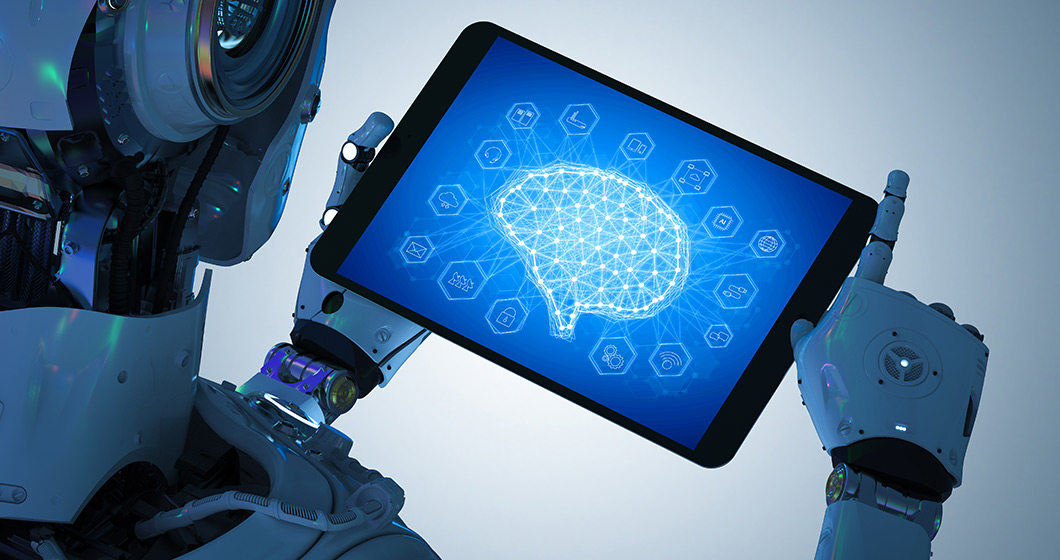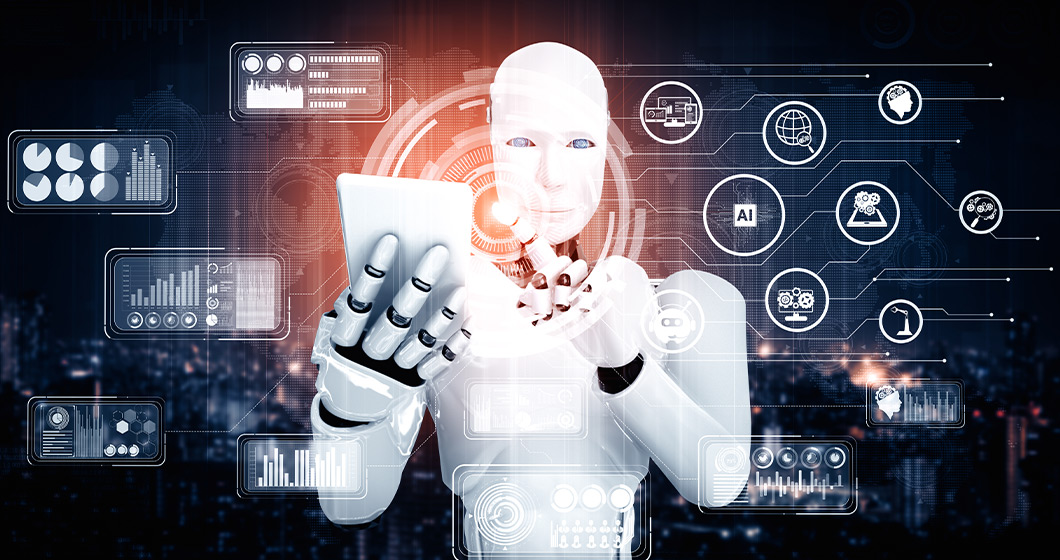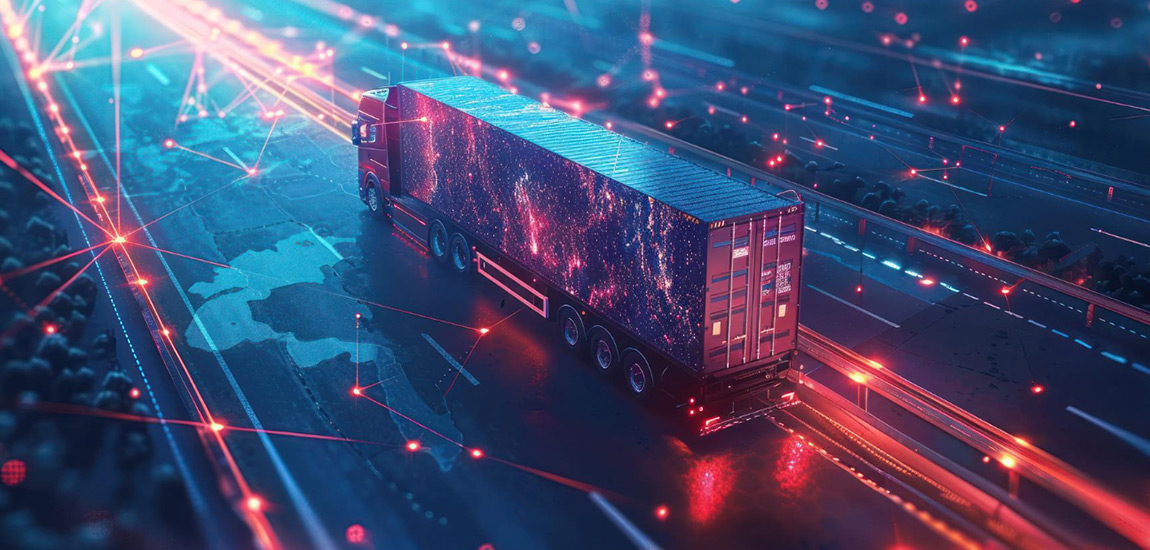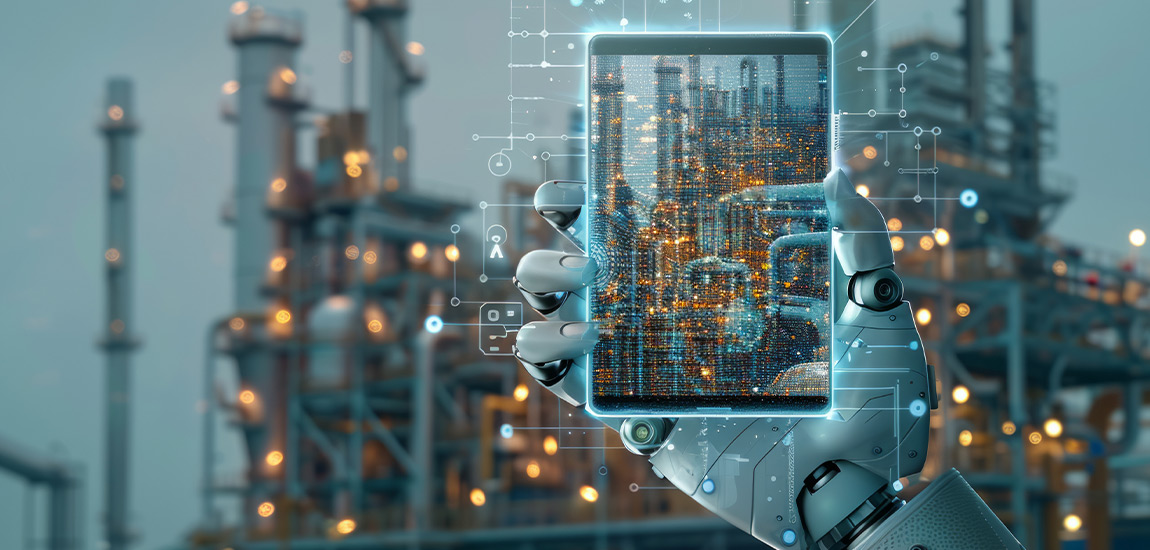AI Making Its Own Decisions? The Future is Here!
Imagine a world where AI detects fraud before it happens, diagnoses diseases with near-perfect accuracy, and navigates traffic without human input. This isn’t the future—it’s happening right now. Autonomous AI is revolutionizing decision-making across industries, making processes faster, smarter, and more efficient.
From high-speed stock trading to self-driving cars, AI-driven systems are transforming how we work and live. But with great power comes great responsibility—how do we ensure AI remains ethical, unbiased, and secure?


The Evolution: How AI Went from Simple Rules to Super Intelligence
- The Early Days: Basic If-Then Rules: AI started as a rule-based system, following rigid “if this, then that” logic. While effective for structured tasks, these systems failed when faced with complex, unpredictable scenarios.
- Machine Learning: AI That Learns Like Humans: The breakthrough came with machine learning (ML), allowing AI to analyze patterns, predict outcomes, and improve over time. Unlike rule-based models, ML could adapt, making it useful for fraud detection, marketing, and medical diagnostics.
- The Game Changer: Deep Learning & Neural Networks: Deep learning took AI to a whole new level. Inspired by the human brain, these networks excel in speech recognition, image analysis, and real-time decision-making. Think Alexa, ChatGPT, and Tesla’s Autopilot—all powered by deep learning.
- Big Data: The Fuel That Drives AI: AI is only as powerful as the data it consumes. With billions of data points available today, AI can process millions of transactions, medical images, or supply chain variables in real-time, making its decisions more precise.
Discover how autonomous AI can revolutionize your industry!
The Biggest Trends in AI Decision-Making
- AI That Thinks for Itself; The Rise of Agentic AI: AI is no longer just following commands—it’s setting its objectives and learning from its actions. Google DeepMind’s AlphaZero mastered chess, shogi, and Go without human input, creating strategies that no human had ever thought of.
- Quantum AI; Supercharging Intelligence: By integrating AI with quantum computing, machines will be able to solve climate change models, predict stock markets instantly, and discover new drugs at record speeds.
- Edge AI: Instant Decision-Making Without the Cloud: Instead of relying on cloud servers, Edge AI processes data directly on devices, enabling faster responses in self-driving cars, IoT devices, and smart cities.
- AI That Understands Humans Like Never Before: Advancements in Natural Language Processing (NLP) allow AI to grasp human emotions, generate realistic conversations, and provide hyper-personalized experiences—transforming chatbots, virtual assistants, and customer service.
Where AI Is Making the Biggest Impact
- AI in Finance; Smarter, Faster, Safer Transactions: AI is transforming banking with fraud detection, risk assessment, and automated trading. High-frequency trading algorithms now process millions of transactions per second, giving investors an edge never seen before.
- AI in Healthcare; Diagnosing Diseases Before Symptoms Appear: AI is helping doctors spot cancer, analyze X-rays, and recommend treatments with accuracy rates exceeding 95%. It’s also accelerating drug discovery—turning years of research into months.
- AI in Law & Governance; Automating Legal Decisions: From contract analysis to predicting legal outcomes, AI is reshaping the legal world. Algorithms can now review thousands of case files in seconds, reducing workloads for lawyers and improving legal accessibility.
- AI in Business; Automating Everything: Businesses are using AI to forecast demand, optimize supply chains, and even make hiring decisions. AI-powered HR tools now scan thousands of resumes, predict employee performance, and tailor training programs.
Did you know? Over 90% of top financial firms now use AI for real-time fraud detection & trading, cutting fraud losses by 50%!
The Dark Side: Risks & Challenges of AI Decision-Making
- AI Bias: When Machines Inherit Human Prejudices: AI is only as fair as the data it learns from. Studies show facial recognition AI is 35% less accurate for people of color, raising concerns about bias in law enforcement, hiring, and financial decisions. 💡 The Fix: Explainable AI (XAI) ensures AI provides clear reasoning for its decisions, increasing transparency and accountability.
- AI Security; Can AI Be Hacked?: As AI takes over critical systems, it becomes a prime target for cybercriminals. Data poisoning (feeding AI false information) and adversarial attacks (tricking AI into making incorrect decisions) are growing threats💡 The Fix: Stronger AI security frameworks and constant system monitoring to detect vulnerabilities.
- The Automation Dilemma; Are Humans Losing Control? With AI handling more decisions, businesses report a 40% drop in human oversight within the first year of AI adoption. Over-reliance can lead to automation bias, where humans blindly trust AI—even when it’s wrong. 💡 The Fix: A human-AI hybrid model where AI assists, but humans have the final say.
Ethical AI Is the Future
- Quantum AI; A New Era of Intelligence: Quantum AI will bring real-time global risk analysis, advanced medical simulations, and AI-driven smart cities. With processing speeds millions of times faster than today’s computers, AI’s potential is limitless.
- AI & Humans; A Powerful Partnership: Rather than replacing humans, AI will work alongside experts, enhancing decision-making in fields like medicine, finance, and governance. Research shows human-AI collaboration improves accuracy by 35% compared to AI alone.
- The Need for AI Regulations: As AI grows more powerful, governments must create laws to ensure AI remains ethical and accountable. Key areas of focus include:
- AI compliance standards
- Transparency in decision-making.
- Clear liability rules for AI-driven mistakes
Final Thoughts: Striking the Perfect Balance
Autonomous AI is here to stay, and its impact is undeniable. The challenge is finding the right balance between automation and human oversight. With the right regulations, ethical safeguards, and a human-AI partnership, we can unlock AI’s full potential while ensuring it works for—not against—humanity.
What’s your take on AI decision-making? Are we moving too fast, or is this the future we need? Drop your thoughts below!




